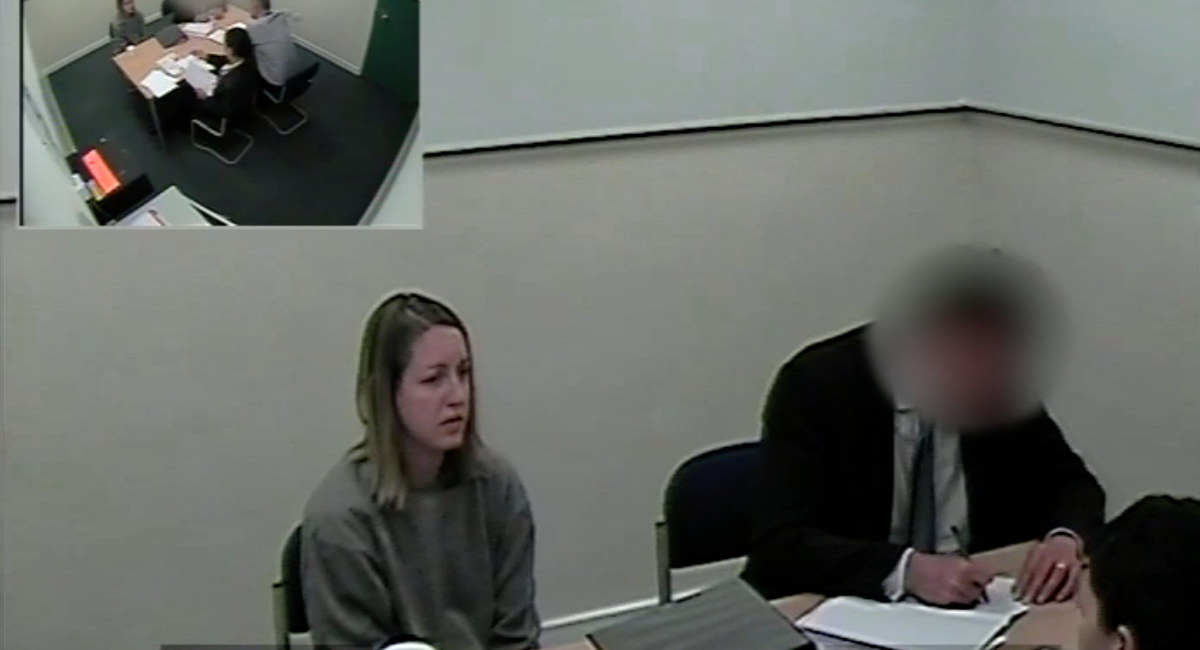After the conviction of serial baby killer Lucy Letby, investigations continue. A “Thirwall Inquiry” has been summoned and is being led by Lady Justice Kathryn Thirlwall at Liverpool Townhall in England, to hear from representatives of grieving parents about hospital administrators’ lack of concern and urgency in the wake of their children’s suspicious deaths in the neonatal care unit.
In 2023, Letby was convicted of murdering seven infants in 2015 and 2016 at the Countess of Chester Hospital in Chester, England. In July 2024, she was convicted of attempted murder as well. It is unclear from the record how far along in gestation the infants were at birth. Each baby was in the neonatal unit and was considered to be premature, likely born at a gestational age at which it is still legal to kill preborn children via abortion in England. Babies as young as 21 weeks have been able to survive outside the womb with medical help.
At issue during this inquiry is the gap in time between hospital staff’s initial suspicions of the infants’ abuse and action by hospital administrators.
According to the trial records, in the early morning of February 17, 2016, Letby attempted to kill a newborn while an inspection team from the “Care Quality Commission” was conducting a physical review of the ward. In May 2016, a nurse-midwife engaged to manage risk within the neonatal unit identified Letby as a common denominator of increased, sudden, and catastrophic deaths in her unit. Her observations were downplayed by her superiors, including the head of risk management, and “dismissed.”
By September, 2016, Letby was dubbed “nurse death” by junior surgeons at the hospital. Instead of removing Letby or contacting authorities, hospital administrators encouraged discipline among staff. According to The Mirror, then-medical director Dr. Ian Harvey noted in his records that he “had to intervene with the neonatal lead as junior doctors had been referring to [Letby] as ‘nurse death’.”
Despite the concerns and knowledge of suspicion, hospital administration seemed more concerned with their institutional reputation than protecting nascent life.
According to Nicholas de la Poer KC, a barrister charged with the inquiry, in July 2016, “The risk was characterised in terms of reputational harm, rather than in terms of a risk to the safety of babies.” The Thirwall Hearings are expected to continue into next year and a final decision issued in 2025.







